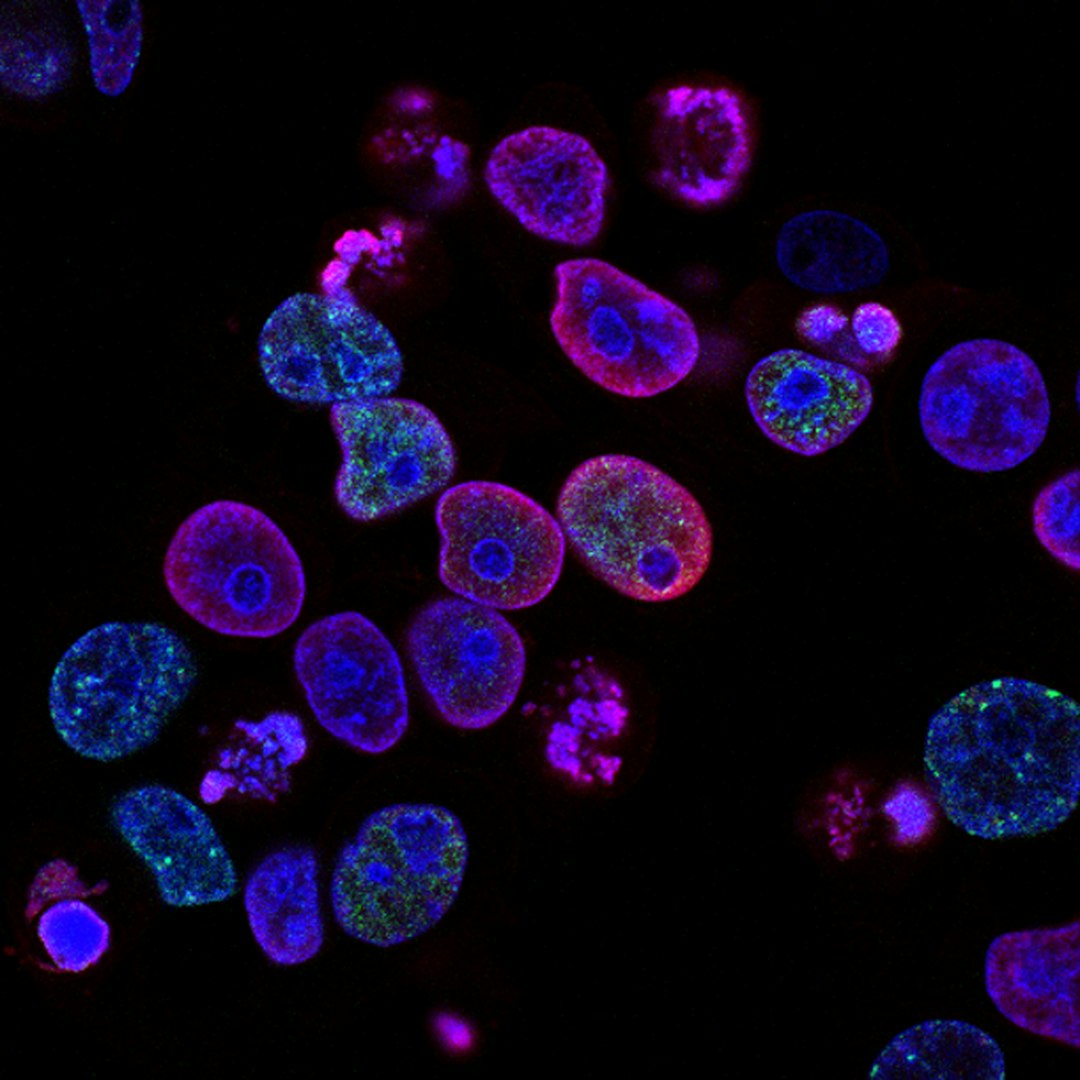Biotechnology: Exploring Advancements in Medical Research and Genetic Engineering
In the 21st century, we find ourselves in a constantly evolving world, where technological advancements are reshaping every aspect of our lives. One area that has seen remarkable progress is biotechnology, which has revolutionized medical research and genetic engineering. Biotechnology, often regarded as the marriage of biology and technology, involves the manipulation of living organisms and biological systems to develop new products, processes, and medicines.
Medical research has greatly benefited from the advancements in biotechnology. Scientists can now explore and understand the intricacies of diseases to develop more effective treatments. For instance, biotechnology has made it possible to investigate the genetic makeup of various diseases, providing vital insights into their causes and potential cures. This deeper understanding has led to the development of personalized medicine, in which treatments are tailored to an individual’s genetic makeup. This approach can have a profound impact on patient outcomes, as it allows for more precise and targeted therapies with reduced side effects.
Genetic engineering is another exciting field within biotechnology that has opened up new possibilities. It involves the deliberate modification of an organism’s genetic material to alter its characteristics. This technology has been instrumental in developing genetically modified organisms (GMOs) with enhanced traits and improved resistance to diseases. In agriculture, for example, genetic engineering has helped create crops that are more resilient to pests, diseases, and adverse environmental conditions. This has not only increased crop yields but also reduced the need for chemical pesticides, leading to a more sustainable and environmentally friendly approach.
Furthermore, genetic engineering has paved the way for advancements in the medical field through gene therapy. This experimental technique aims to treat genetic disorders by introducing genes into a patient’s cells to compensate for missing or defective genes. While still in its early stages, gene therapy holds great promise for treating a range of illnesses, from inherited disorders to certain types of cancer. By modifying the genetic code, scientists hope to correct underlying genetic defects and restore normal cellular function.
However, with every leap forward comes ethical considerations. The potential of biotechnology brings about questions of moral grounds and responsible use of this technology. While it offers groundbreaking solutions, we must exercise caution and consider the implications of altering the natural order of life.
In conclusion, biotechnology has indeed transformed medical research and genetic engineering, opening up new horizons and possibilities. The advancements in this field have allowed us to gain a deeper understanding of diseases, develop personalized medicine, improve crop production, and explore potential cures for genetic disorders. However, it is essential to approach this technology with responsibility and sound ethical judgment as we continue to unlock its great potential. By doing so, we can ensure that biotechnology contributes positively to our society’s well-being.









